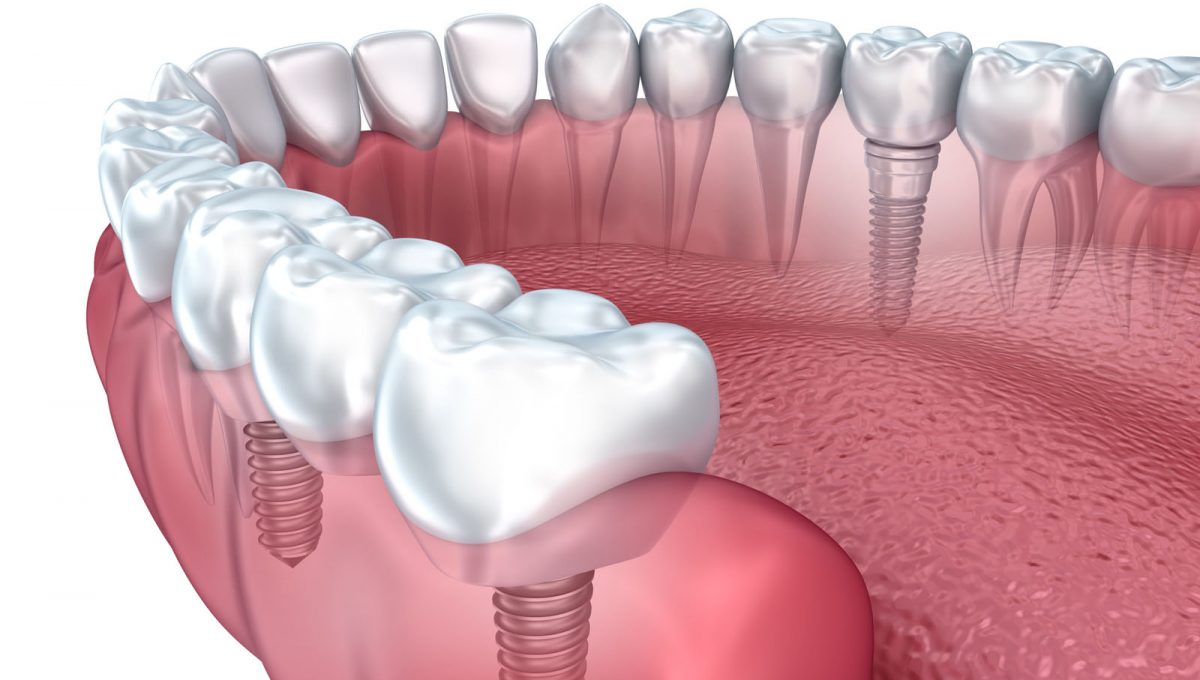Vitamin D Crucial for Dental Implant Success
If you have just lost one or more teeth, you may be considering dental implants as a solution. When you opt for dental implants, it is vital to do all you can to increase your chances of success. One way to do so, research indicates, is by ensuring you have sufficient Vitamin D levels.
How Can Vitamin D Help?
In general, as we age our bones and joints can suffer, making specific steps necessary, including losing weight, exercising regularly, and spending time in the sun or taking Vitamin D.
Vitamin D is crucial for the health of bones and which lowers the chances of developing diseases like multiple sclerosis, heart disease, and rheumatoid arthritis. New research also links low Vitamin D levels with a risk of cognitive decline and mental impairment.
Vitamin D can play an important role in ensuring dental implants last long-term because to great extent, its presence or absence determines how successfully implants integrate into bone. Vitamin D can also promote gum health, helping to produce compounds which reduce bacteria levels in the mouth. Unless gums are healthy, implants don’t stand a chance of lasting in the long term, so regular cleaning and gum care are vital.
How to Obtain More Vitamin D?
The deficiency of vitamin D is compensated for by adjusting the diet and exposure to the sun at least twice a week for half an hour. You need to eat foods with this vitamin, and it has foods such as fish (salmon, cod, herring, sardines, mackerel) of ehhs, seafood, milk, fresh cheese and mushrooms.






